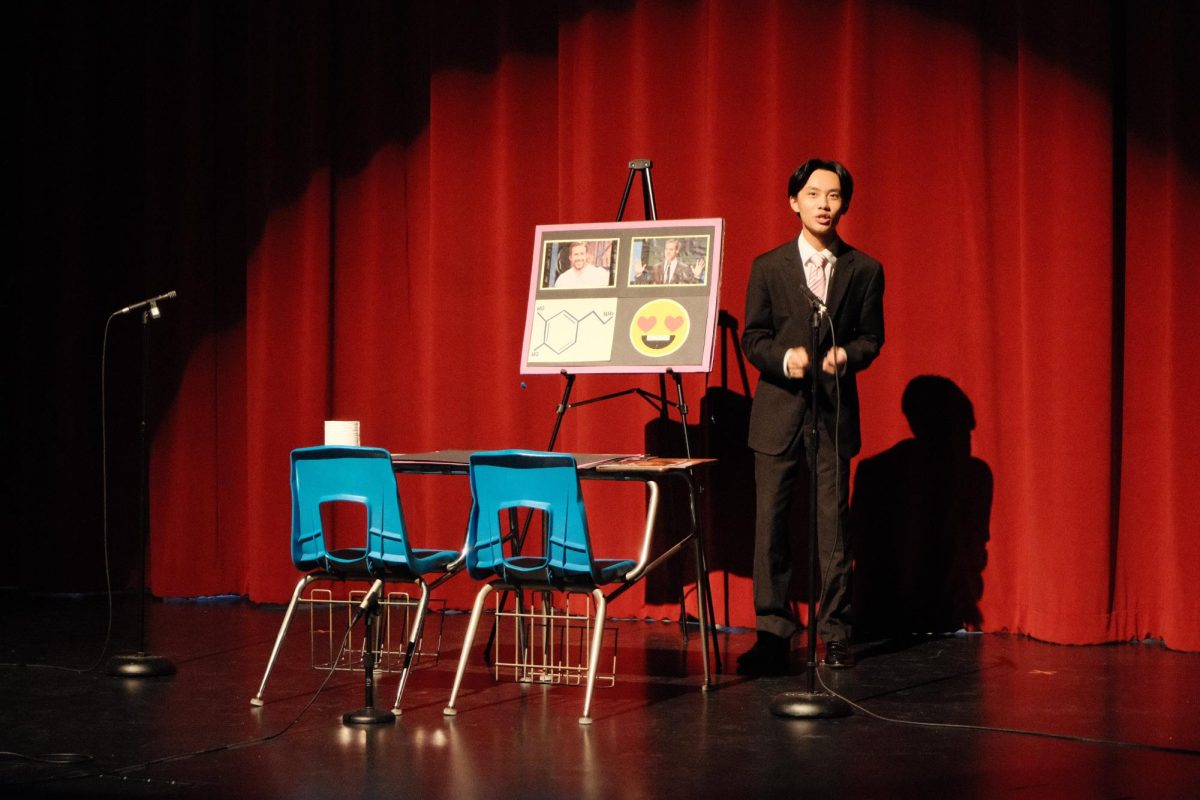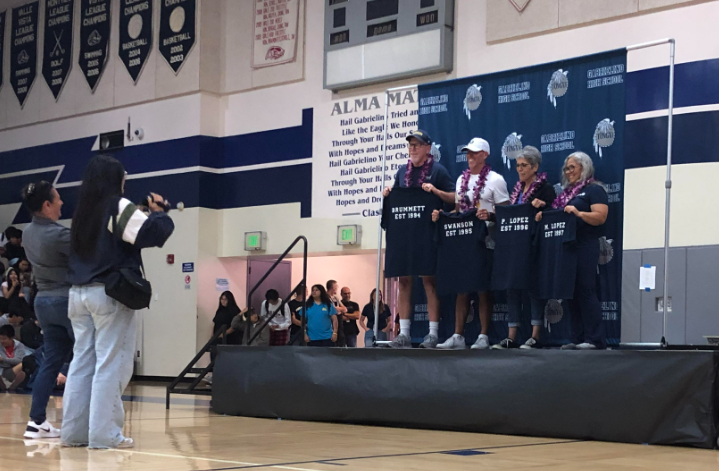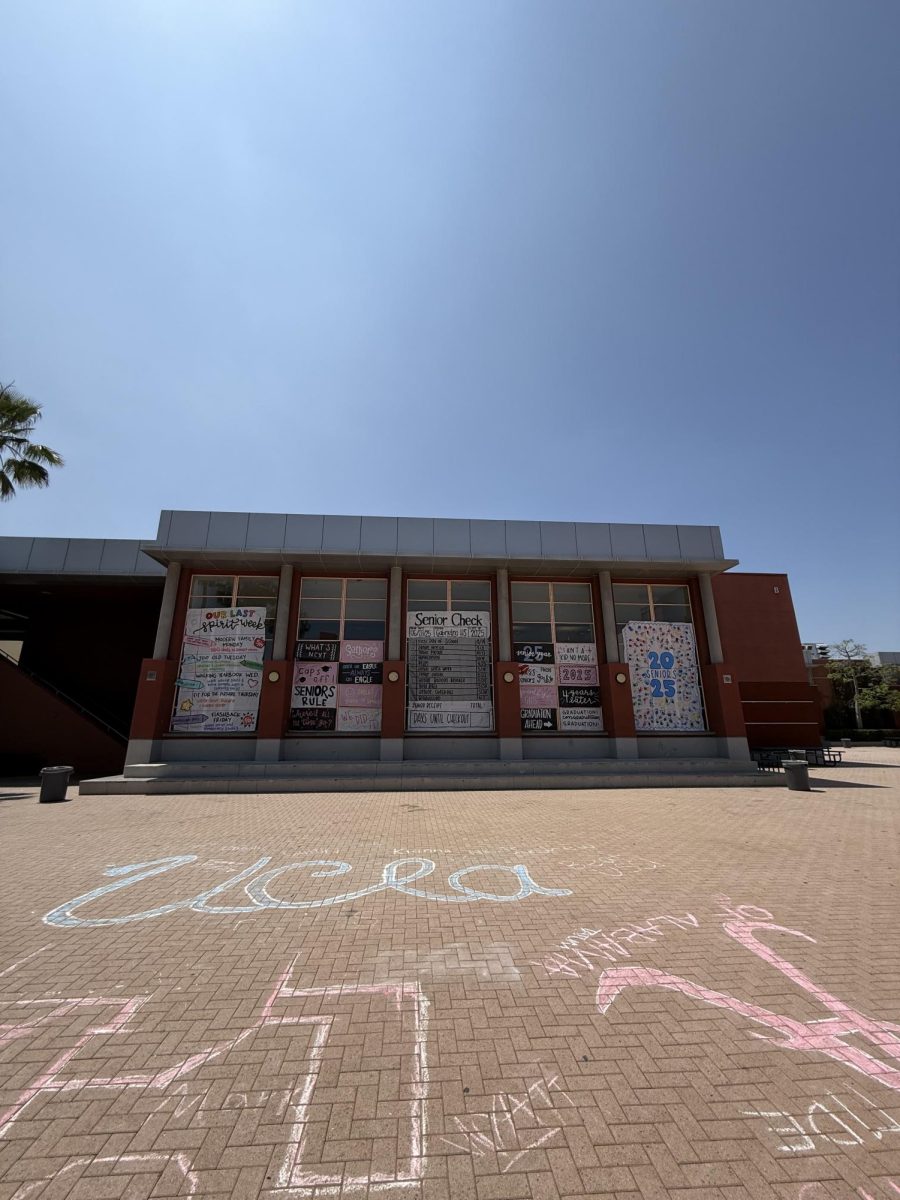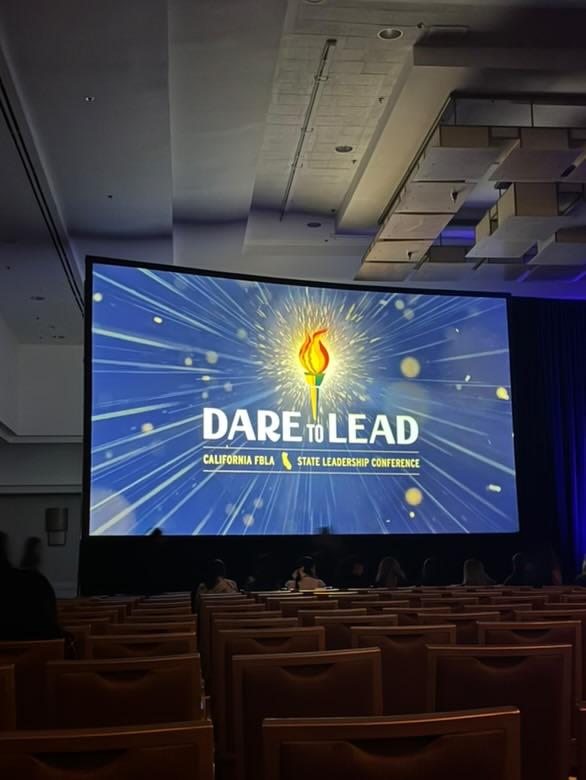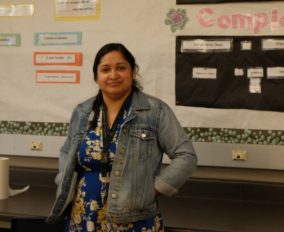By Halle Fukawa | Editor in Chief

Imagine being in the midst of one of the most politically turbulent years in decades, and the job requirement is to teach it all – the good, the bad, and the ugly – to the future change-makers of the country.
This harsh reality of teaching through both a COVID-19 pandemic and a politically polarized epidemic is the position that all teachers at Gabrielino High School face. The government and economics teachers at Gabrielino face this challenge head-on, as they incorporate the current reality with their existing curriculum.
The first concern that arises is the problem of biased teaching and how to avoid teaching opinions rather than facts. Surprisingly, the method of doing so hasn’t changed much in comparison to previous years.
“I typically keep my views out of the discussion […] The only views that I do share with my classes are the ones that are very generic,” admitted government and economics teacher John Carney. “I focus more on my thought process that went into those decisions.”
With so much happening on the political front almost daily, the government and economics teachers have to pick and choose which events and information benefit the class, both on the level of curriculum and personal growth.
“[Teachers] have a responsibility to teach both sides of issues,” said Carney. “That way we can provide them with the information from all sides and they can come to their own conclusions.”
Indeed, students are finding it much more valuable to think for themselves rather than being spoon-fed information, even and especially when it pertains to a more controversial topic.
“There is value in informing students [on all sides of a topic] and having them form their own opinions and views, which is critical as an adult.” explained senior Jennifer Co. “I think the skill of defending your opinions and hearing from different perspectives [are both] equally important.”
Being able to teach students not only about current events, but how exactly to process them is an integral part of the classes. Especially in this aggressively divided climate, this extends further than just watching and researching.
“If two students get into an altercation due to their views they would be held behind so we can hash it out,” Carney explained. “We may not respect their views, but we need to respect their right to have those views.”
When dealing with sensitive and timely topics, establishing an environment where students feel valid in their opinions and uncriticized when asking questions is necessary to teach this subject, and is something teachers like Carney have succeeded in doing thus far.
“I feel comfortable discussing politics in my class,” said Co. “Politics are important to talk about, because they are vital to us. It opens a space where students can talk openly with others.”
Now more than ever, the education of the coming generation has become imperative. And although the events that occurred in 2020 have made many parents and faculty nervous to mention it in a school setting, teaching students how to think for themselves and speak their mind will improve their communities, and also the world.
“There is an abundance of noise in today’s society. [Students] need to be open to many sources to be able to take it in, comprehend it, and use it,” explained Carney. “It is not our job to teach our students what to think, but to get them to think.”

